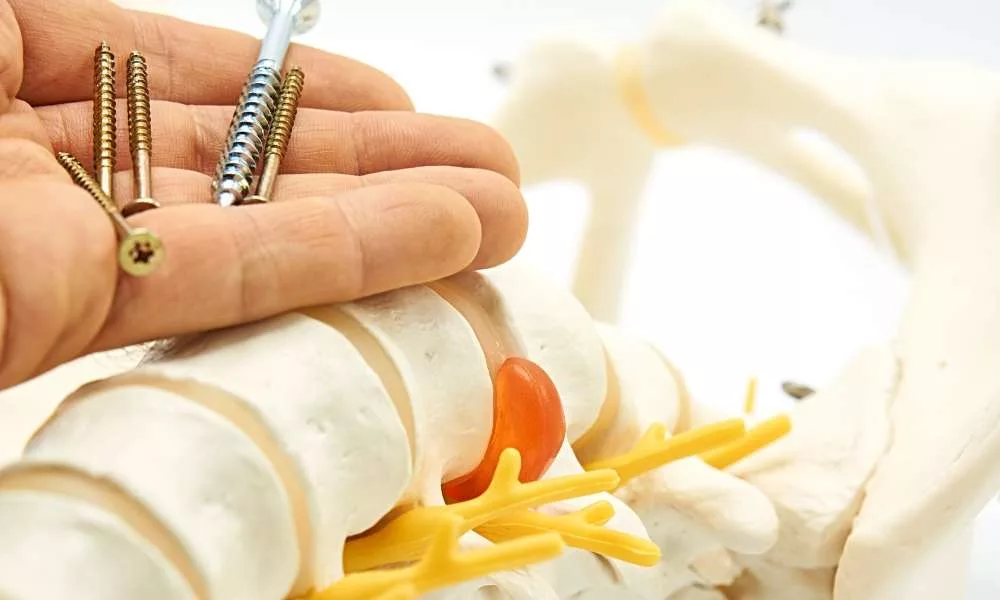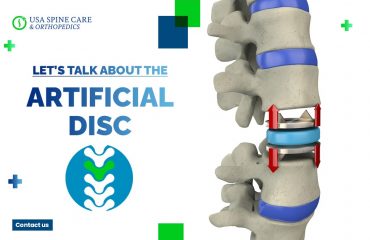

Spinal implant surgery can significantly improve your quality of life. However, understanding the long-term considerations and potential maintenance needs associated with implants is essential.
Long-Term Considerations:
- Wear and tear: Implants, like any device, can experience wear and tear over time. Regular follow-up appointments with your doctor are crucial to monitor implant integrity and function.
- Lifestyle adjustments: Depending on the implant type and location, some activities might need modification to avoid stressing the implant.
- Future imaging: Implants might affect how certain imaging tests are performed. Inform healthcare providers about your implant before any imaging procedures.
Maintenance:
While most implants don’t require specific maintenance, maintaining good overall health is crucial. This includes:
- Maintaining a healthy weight: Excess weight can put additional stress on the spine and implant.
- Healthy diet and exercise: A balanced diet and regular exercise strengthen bones and muscles, supporting the spine and implant.
- Proper lifting techniques: Use proper form when lifting objects to avoid putting undue strain on your spine.
Addressing Concerns:
If you experience any new or worsening pain, limitations in movement, or other concerning symptoms after surgery, consult your doctor promptly. Early evaluation can help address potential complications.
Conclusion:
Living with a spinal implant can be a positive experience, enabling an active and healthy lifestyle. By understanding long-term considerations, practicing good health habits, and maintaining regular communication with your doctor, you can ensure optimal function and longevity of your implant.



